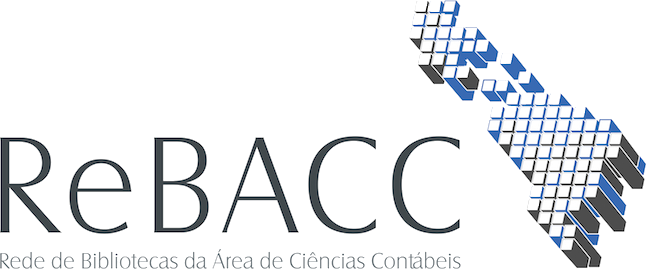Use este identificador para citar ou linkar para este item:
http://rebacc.crcrj.org.br/handle/123456789/5603Registro completo de metadados
| Campo DC | Valor | Idioma |
|---|---|---|
| dc.creator | Carneiro, Luiz Augusto Ferreira | - |
| dc.creator | Sherris, Michael | - |
| dc.date | 2008-04-01 | - |
| dc.date.accessioned | 2020-08-13T16:01:02Z | - |
| dc.date.available | 2020-08-13T16:01:02Z | - |
| dc.identifier | https://www.revistas.usp.br/rcf/article/view/34254 | - |
| dc.identifier | 10.1590/S1519-70772008000100008 | - |
| dc.identifier.uri | http://rebacc.crcrj.org.br/handle/123456789/5603 | - |
| dc.description | Financial and insurance theories explain that large widely-held corporations manage corporate risks if doing so is costective to reduce frictional costs such as taxes, agency costs and financial distress costs. A large number of previous empirical studies, most in the U.S., have tested the hypotheses underlying corporate risk management with financial derivative instruments. In order to quantify corporate hedge demand, most previous studies have used the ratio of principal notional amount of derivatives to company size, although they recognize that company size is not an appropriate proxy for financial risk. This paper analyzes the interest-rate-risk hedge demand by Australian companies, measured through the ratio of principal notional amount of interest rate derivatives to interest-rate-riskbearing liabilities. Modern panel data methods are used, with two panel data sets from 1998 to 2003 (1102 and 465 observations, respectively). Detailed information about interest-rate-risk exposures was available after manual data collection from financial annual reports, which was only possible due to specific reporting requirements in Australian accounting standards. Regarding the analysis of the extent of hedge, our measurement of interest-rate-risk exposures generates some significant results di erent from those found in previous studies. For example, this study shows that total leverage (total debt ratio) is not significantly important to interest-rate-risk hedge demand and that, instead, this demand is related to the specific risk exposure in the interest bearing part of the firms liabilities. This study finds significant relations of interest-rate-risk hedge to company size, floating-interest-rate debt ratio, annual log returns, and company industry type (utilities and non-banking financial institutions). | - |
| dc.format | application/pdf | - |
| dc.language | eng | - |
| dc.publisher | Universidade de São Paulo. Faculdade de Economia, Administração e Contabilidade | - |
| dc.relation | https://www.revistas.usp.br/rcf/article/view/34254/36986 | - |
| dc.rights | Copyright (c) 2018 Revista Contabilidade & Finanças | - |
| dc.rights | http://creativecommons.org/licenses/by/4.0 | - |
| dc.source | Revista Contabilidade & Finanças; v. 19 n. 46 (2008); 86-107 | - |
| dc.source | Revista Contabilidade & Finanças; Vol 19 No 46 (2008); 86-107 | - |
| dc.source | Revista Contabilidade & Finanças; Vol. 19 Núm. 46 (2008); 86-107 | - |
| dc.source | 1808-057X | - |
| dc.source | 1519-7077 | - |
| dc.subject | Interest rate risk management; Derivatives; Hedging IFRS; Panel-data estimation | - |
| dc.title | Corporate interest rate risk management with derivatives in Australia: empirical results | - |
| dc.type | info:eu-repo/semantics/article | - |
| dc.type | info:eu-repo/semantics/publishedVersion | - |
| Aparece nas coleções: | Revista Contabilidade & Finanças - USP | |
Arquivos associados a este item:
Não existem arquivos associados a este item.
Os itens no repositório estão protegidos por copyright, com todos os direitos reservados, salvo quando é indicado o contrário.

